To view this video please enable JavaScript, and consider upgrading to a web
browser that
supports HTML5
video
Black mould seeping through the walls; slugs crawling through the floorboards; walls crumbling to the touch.
This is life for people living on the Nag’s Head estate in Bethnal Green, east London – some have put up with it for 16 years.
But when they try to get the Peabody housing association do something about it, residents say they end up going round in circles.
Metro has spoken with some of the worst-impacted residents who live on the estate with their families to find out what life is like.
Fatima’s story

Fatima Tejani has lived with her family on the estate for 16 years and believes the damp and mould are the cause of her respiratory issues.
Things have got so bad, she became visibly upset when telling Metro about how she fears for her children’s future.
She said: ‘We don’t know what is coming next. We are not safe. My son asked once if we live in a tent because of leaking water.
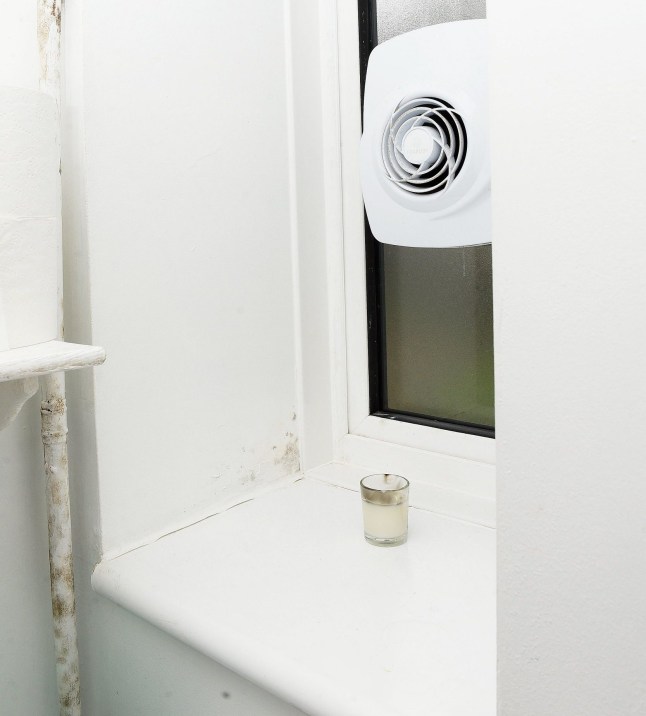
‘Every single month there is a different issue in the flat, it is not just one problem, it is a huge problem. I’m living in damp. When I sleep I breathe in the damp.’
Her family was moved out in 2024 while repair works were carried out, but when they went back there was condensation on the windows and the carpets were damp.
In the end, they had to throw out valuable items, including her son Mohammad’s desk, meaning he now has to study on the floor.
He has written a letter, begging for someone to help improve his living situation.

Anne’s story
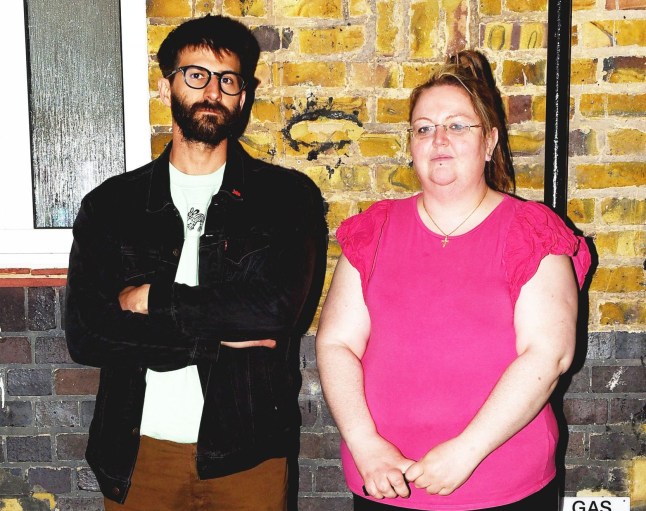
Entering Anne Kiragu’s flat, it’s immediately clear there’s a problem. There is a pungent smell of damp that lingers in the air.
Over the 16 years that she has lived there, she says she’s experienced everything from mouse problems to condensation causing damp and mould.
‘The stress of it is overwhelming,’ she told Metro.
‘I have four children. I hear them coughing constantly, which leaves me thinking “is it because they have got a cold or is it because of the damp and mould?” You feel guilty.
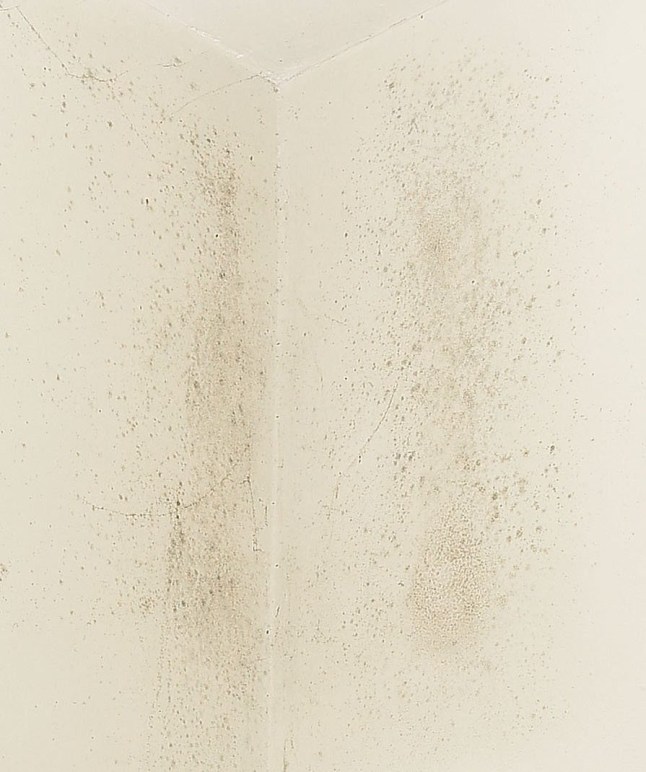
‘At one point I’ve had the walls crumbling away because the mould and condensation was just eating away at them.
‘My carpet had to come out because it was wet from the stench. We can’t have carpet done because the smell of the damp will kill you.’
She said Peabody’s solution was to put expanding foam in her kitchen, without doing any work elsewhere.
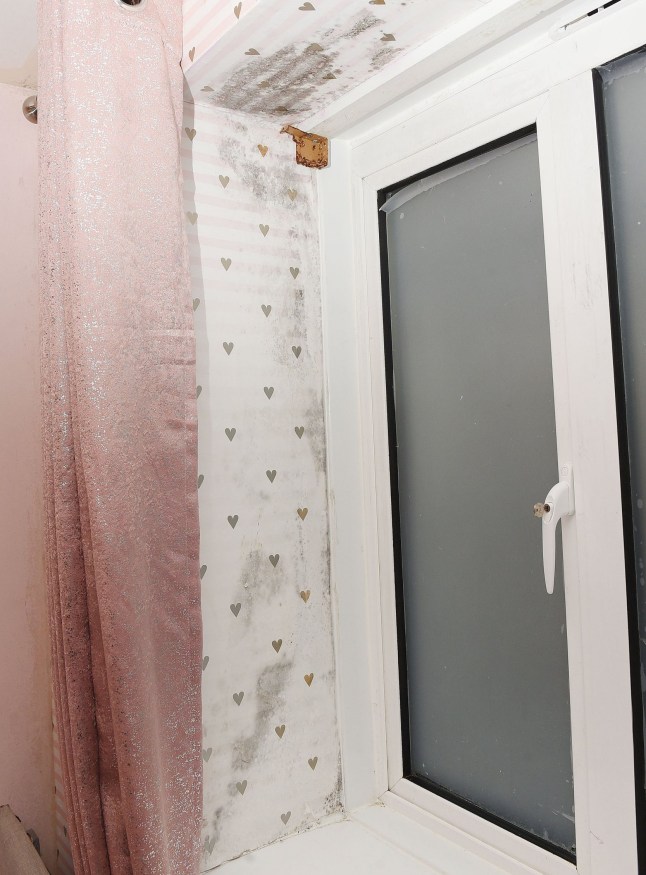
She was told to keep her windows open to help air out the property, and also said she had issues with living close to the bins, which have attracted pests.
She said: ‘The bins are a joke. It got really bad a few months ago, there were just mice. I was catching at least two mice a night. You could hear them squeaking.’
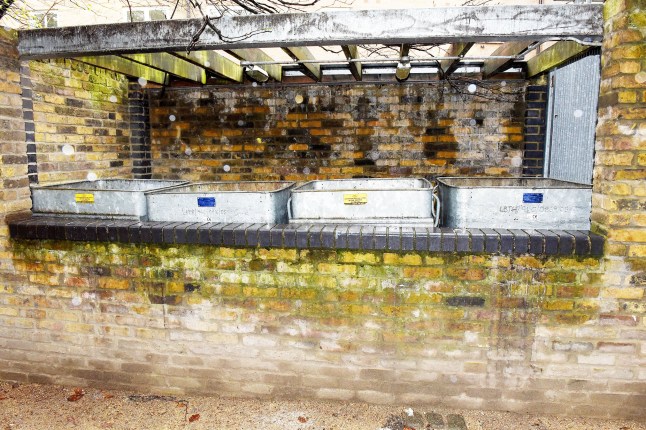
Kevin’s story
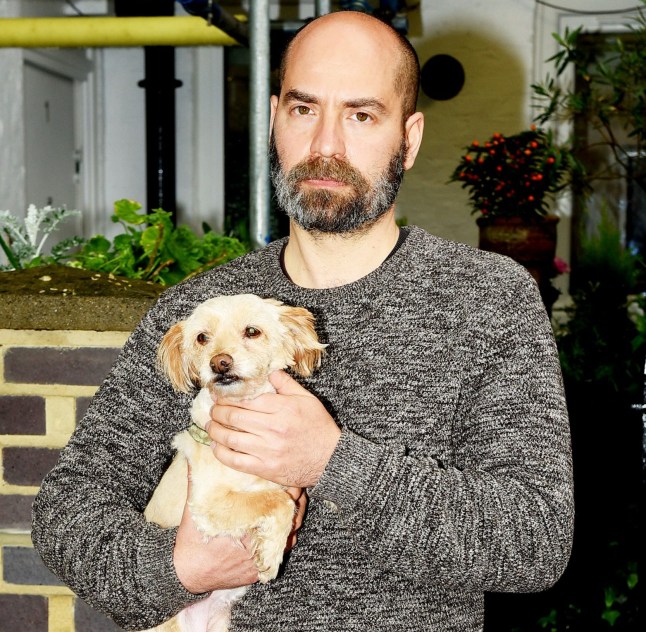
Kevin Biderman, 48, compared living in his Peabody-owned flat that he has lived in since 2009 to that of an ‘abusive relationship.’
He started the tenants’ association on the estate in 2020 to bring the community together.
‘We’ve had everything from things like silverfish and slugs, we had really bad pests due to the inadequate bin structures, so we also had cockroaches and mice,’ he said.
‘The most worrying thing was when we moved our daughter’s wardrobe and we saw black mould behind it that was a wall of black.’
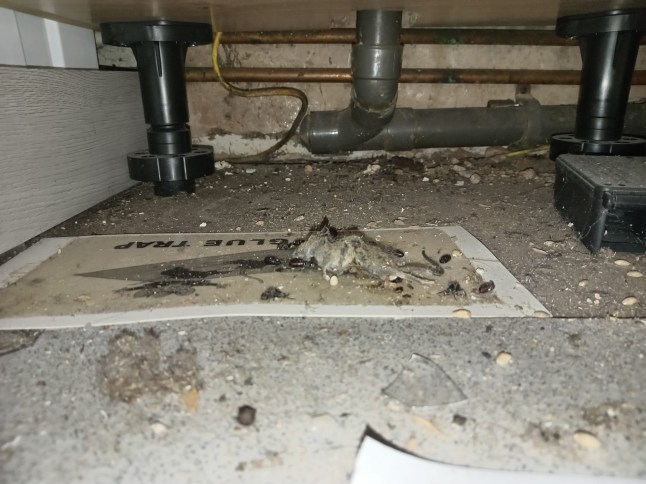
The dangers of breathing in mould and damp
There are three main dangers of breathing in mould and damp which include respiratory effects, physical health effects and mental health effects.
Damp and mould impacts the airways and lungs which can cause serious illness if not treated and in serious cases, death.
The main respiratory effects include cough, wheeze and shortness of breath.
Other physical effects from it include irritation of the eye, eczema and other fungal infections especially in those with weakened immune systems.
The mental health effects from damp and mould can be exasperated including anxiety and social isolation.
Source: Gov.uk
What has Medact said about the problem?
Health charity Medact found ‘systematic failures’ on the estate that have led to ‘wholly preventable’ serious health conditions in residents.
Many people reported new health conditions after moving to the estate, particularly respiratory problems, sleep disturbance and mental health issues.
Two thirds of disabled people said their condition had worsened as a result of their living conditions.
Jordi Lopez-Botey, Medact’s Housing and Health Justice Campaigner, told Metro: ‘Our report shows alarmingly high rates of ill health of tenants at the Nags Head estate. Tenants need homes that support their health, not homes that make them sick.
‘Most of the health impacts we have witnessed at the Nags Head could have been easily prevented by improving the conditions of the estate and addressing disrepair adequately. Listening to tenants and involving them in decision about the estate is also essential to undo decades of neglect.
‘Unfortunately, this is not an issue isolated to this estate but a systemic one.
‘The policies of the last decades have created a situation where housing providers can operate with less regulation, less funding and fewer obligations to tenants, in turn this has resulted in worse health outcomes.
‘Our health is driven by these political choices, but just as these decisions were made they can be unmade. We must urgently reclaim our homes for our health.’
What is Peabody doing to address the issues?
Tracy Packer, Peabody’s Managing Director for north east London, told Metro: ‘This is an important report which was shared with us and reflects survey responses from around a quarter of homes on the estate.
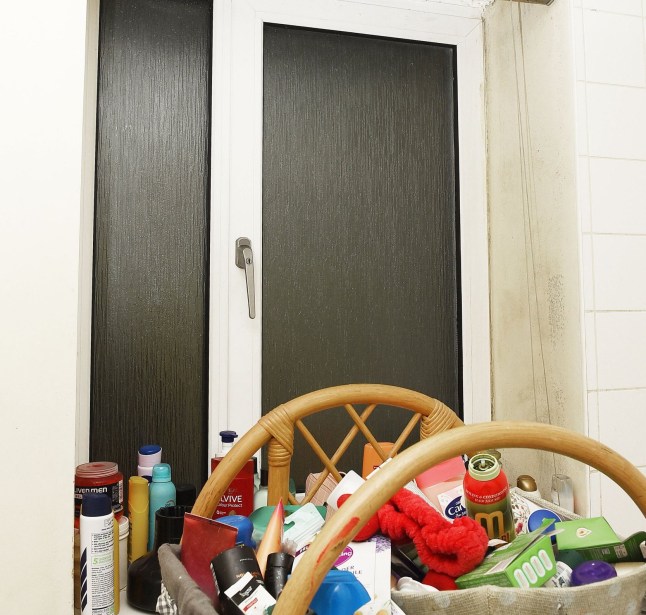
‘Last year we invested over £1m on improvements here and I’m committed to designing a £3m plan with residents which I hope will make a positive difference.
‘I’m working closely with the tenants’ association, and I want to hear from all Nags Head residents to help us shape this investment and agree where the improvements will be made.
‘Unfortunately, it will take time to resolve all the issues. Overcrowding will continue to be a huge problem and is a major part of London’s housing emergency as there simply aren’t enough family sized homes.
‘With an average weekly rent of £137 and rapidly rising costs, our social rented homes cost far more to run than the rent can cover. This makes it an exceptionally challenging situation. But we are doing our best and are determined to improve.
‘We’re listening and doing all we can to work with residents and invest as much as we can in looking after their homes and providing good services.’
Get in touch with our news team by emailing us at webnews@metro.co.uk.
For more stories like this, check our news page.


